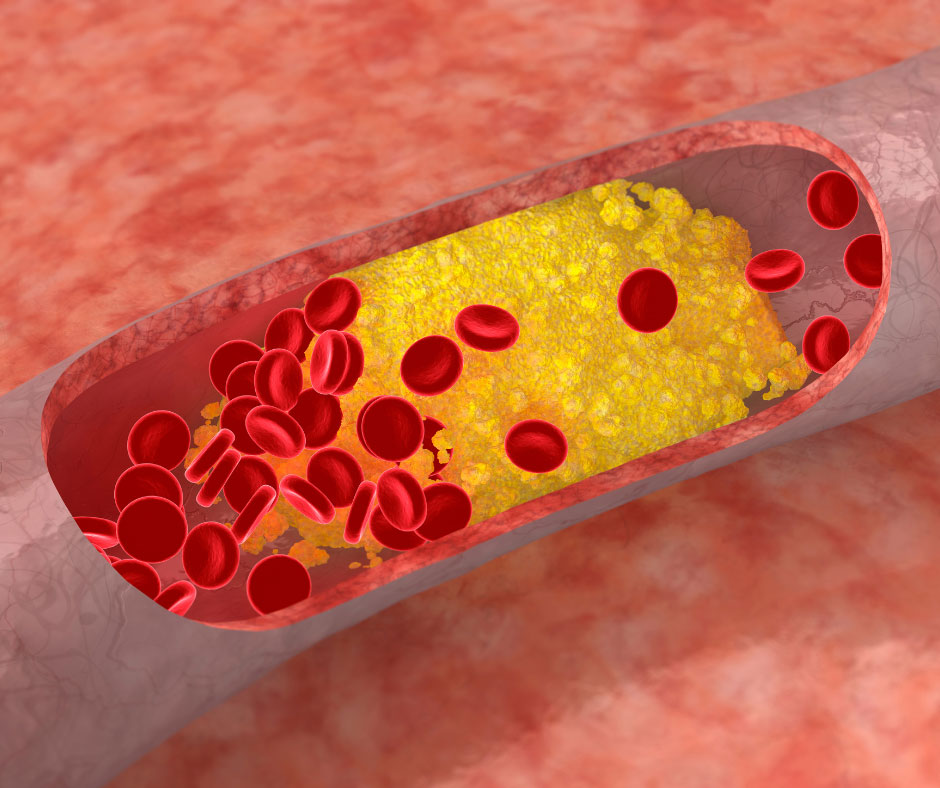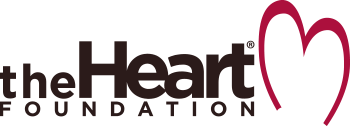February is Heart Month, so commit (or recommit) to a heart healthy lifestyle today! We have included a few tips below to help you on your journey.
- Engage in regular moderate aerobic exercise for at least 30 minutes five days a week or more vigorous workouts at least 20 minutes three times a week. Find a workout buddy, get up and get moving!
- Maintain a normal body weight and adopt a diet low in salt, saturated and transfats and high in unsaturated fats (fish, avocado, etc.) like the Mediterranean Diet.
- Take fish oil supplements.
- Limit alcoholic intake to no more than 1/2 to 1 drink per day for women and 1-2 drinks per day for men.
- Avoid smoking and recreational drug use.
- Know your blood pressure. 72 million Americans over age 20 have high blood pressure. Blood pressue over 140/90 mmHg and over 130/80 mmHg in diabetics increases the risk of heart attack, stroke, aneurysm, and kidney damage.
- Know your cholesterol. High levels (over 100 mg/dl) of LDL (low-density lipoprotein), or “bad cholesterol”, are dangerous, and low levels (under 40 mg/dl in men and under 55 mg/dl in women) of HDL (high-density lipoprotein), or “good cholesterol”, increase the risk of heart disease and stroke. Nearly 40 million Americans have high cholesterol levels.
- Know your family medical history. Family history is an important risk factor in heart disease. If you don’t know, ASK!
- Schedule regular medical check-ups with a trusted physician who can help you identify your risk factors for heart disease. He or she can also recommend diagnostic exams and other protective steps such as a daily aspirin or other medications to control cholesterol, hypertension and diabetes.
Click here for a brief video of Dr. P.K. Shah discussing the importance of a general cardiologist in guiding patients through
heart disease treatment.
- Stress, depression, and negative emotions have also been linked to an increased risk of heart disease. Find those activies which bring you joy and peace, and make them a part of your daily routine.
- Avoid hormone replacement unless you have severe menopausal symptoms.
- Know the symptoms of a heart attack, and learn CPR. You never know when you might be called upon to help save a life.
Support the The Heart Foundation
as we work to eradicate heart disease by educating the public about this silent killer, promoting early detection and supporting the research of world-renowned cardiologist Dr. P.K. Shah in the quest to find a cure.









